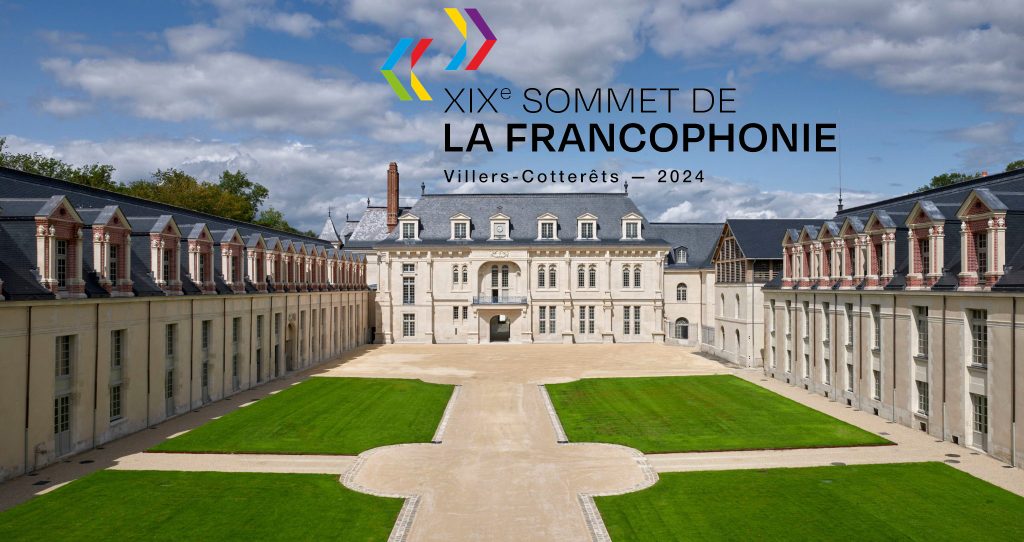
For the first time in 33 years, this year’s Francophonie Summit was held in France. Creativity, innovation, and the ability to do business in French were the central focuses of the event.
French president Emmanuel Macron hosted dozens of leaders of French speaking countries for the summit, hoping to boost French influence in a world beset by crises, in particular in Africa.
France’s sway in Africa has been badly eroded by successive coups in Mali in 2021, Burkina Faso in 2022, and Niger in 2023, which saw Paris-friendly governments replaced by military juntas.
Now, the French government is seeking to exert some influence in the Middle East, as Lebanon, a former French colony, is targeted by daily bombardment and a ground incursion as Israel attacks the Shiite militant group Hezbollah.
Centrist Macron is hosting the showpiece event at a time when his own domestic standing has been chipped by the outcome of this summer’s legislative elections, which forced him to nominate right-winger Michel Barnier as head of a minority government in a potentially testy “cohabitation.”
One of Macron’s key guests at the summit was Canadian prime minister Justin Trudeau, who is himself facing a political crisis after seeing off two no confidence votes in as many weeks.
Macron had bilateral talks with Georgia’s president Salome Zourabichvili, herself a former French diplomat. The summit used different venues on each day, with leaders gathering at a chateau in Villers Cotterets, northeast of Paris, where Macron last year inaugurated a center for the French language.
Louise Mushikiwabo, secretary-general of the 88-member Organisation Internationale de La Francophonie (OIF), acknowledged that the body had a “modest” influence. The OIF is not able to “resolve the complicated crises of the world, but can make things move forward,” she told AFP in an interview.
While key African leaders such as Democratic Republic of Congo president Felix Tshisekedi were present, those of Mali, Burkina Faso, and Niger were not invited.
One prominent guest was Chad president Mahamat Idriss Déby, an ally of France and regular visitor to Paris, whose Sahel nation still hosts French troops even after their departure from Mali, Burkina, and Niger. Guinea was invited despite its junta under General Mamady Doumbouya taking power in a 2021 coup. A Lebanese delegation came but not its prime minister.
Macron told l’Union newspaper he sees the Francophonie as “a space for mediation,” “a space for dialogue to resolve political differences,” citing a territorial dispute between the DRC and Rwanda on which he hopes to make progress at the summit.
The OIF, whose missions are to “promote the French language,” “peace, democracy, and human rights,” “support education,” and “develop economic cooperation,” estimates the number of French speakers at 321 million across five continents, making it the fifth-most spoken language in the world.






